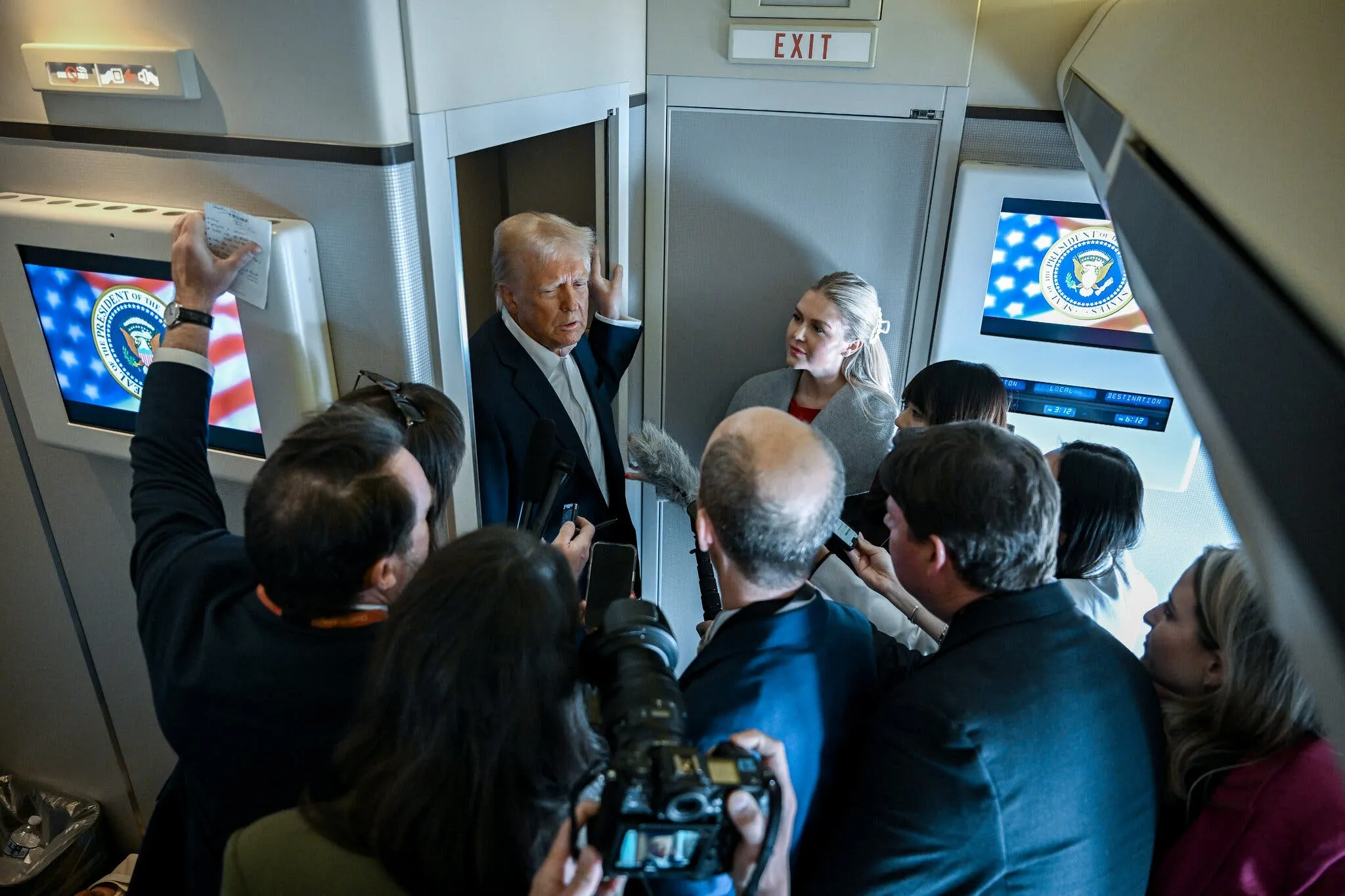Trump’s Controversial Plan: “Clean Out” Gaza and Relocate Palestinians
In a recent press briefing, former President Donald Trump unveiled a controversial plan that has ignited debate across the globe. He proposed a strategy to “clean out” Gaza, a region currently facing a severe humanitarian crisis, and suggested relocating its Palestinian population, estimated at around 1.5 million people. This bold initiative raises critical questions about the future of Palestinians and the geopolitical landscape of the Middle East.
Trump’s plan suggests that the resettlement of Palestinians could be either temporary or long-term, depending on the circumstances. He has called upon neighboring countries, particularly Egypt and Jordan, to accept these refugees, a move that could potentially reshape the demographics of the region. During his remarks, Trump emphasized the urgent need to “clean out” Gaza, framing it as a necessary step amid ongoing military actions that have led to widespread destruction and tens of thousands of casualties.
The proposal has drawn sharp criticism from various quarters, particularly humanitarian organizations and Palestinian leaders. Critics argue that relocating Palestinians could exacerbate the already dire situation and violate international norms concerning the treatment of refugees. Hamas, the governing body in Gaza, has expressed skepticism, fearing that such a plan could lead to permanent displacement and loss of their homeland.
Rights groups have raised alarms about the potential for forced displacement, emphasizing the necessity for voluntary resettlement options. Trump’s administration has previously stated its opposition to the forcible displacement of Palestinians, creating a contradiction in his current proposal. This inconsistency has led many to question the feasibility and ethics of Trump’s plan, particularly in light of the humanitarian crisis that continues to escalate in Gaza.
The geopolitical implications of this plan are significant. If Egypt and Jordan are unwilling to accept additional refugees, it could strain relations between the U.S. and these Arab nations. Moreover, Trump’s remarks reflect his administration’s broader stance on Middle Eastern policy, which has historically favored strong alliances with Israel and a tough approach towards Palestinian governance.
In light of these developments, the international community’s response remains uncertain. Various organizations advocating for Palestinian rights have already expressed their disapproval, warning that the suggestion to relocate Palestinians could lead to further instability in the region. As Trump seeks to solidify his political base following his inauguration on January 20, 2025, this proposal is likely to be a focal point in upcoming discussions about U.S. foreign policy in the Middle East.
To better understand the gravity of the situation, it is essential to consider the chronology of events leading to this proposal. The humanitarian crisis in Gaza has escalated over the years due to ongoing military actions, resulting in a desperate need for reconstruction and humanitarian aid. Trump’s assertion that Gaza is a “demolition site” underscores the urgent requirement for international assistance and a sustainable solution to the conflict.
Supporters of Trump may view this plan as a bold approach to addressing ongoing conflicts in the region. They argue that relocating Palestinians could provide them with a fresh start and alleviate some of the pressure on Gaza. However, this perspective is not universally accepted. Many believe that such a drastic measure could lead to further suffering and instability, particularly for those who would be uprooted from their homes.
In conclusion, Trump’s controversial plan to “clean out” Gaza and relocate its Palestinian population raises numerous ethical, humanitarian, and geopolitical questions. While the former president’s intentions may stem from a desire to address the ongoing crisis, the potential consequences of such a proposal could be dire. As the international community continues to grapple with the implications of this plan, the future of Gaza and its people remains uncertain. The discussions surrounding this proposal will undoubtedly shape the dialogue on U.S. foreign policy and the broader Middle Eastern landscape in the coming months.






Leave a Comment